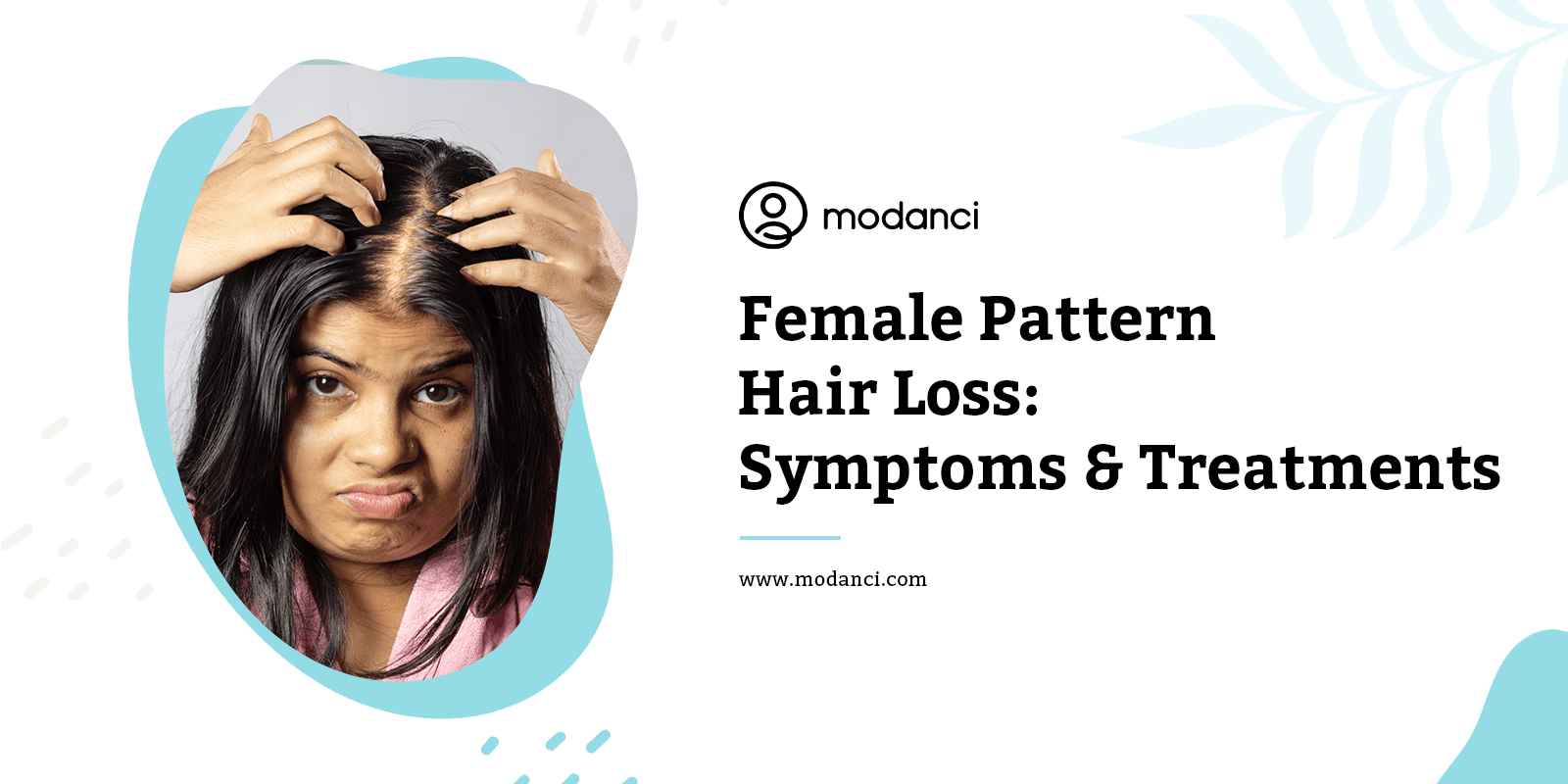Blitz News Digest
Stay updated with the latest trends and insights.
Hair Today, Gone Tomorrow: Why You Shouldn't Panic Over Hair Loss
Discover the truth about hair loss and why panicking is the last thing you should do! Join us to embrace change and find your confidence.
Understanding the Causes of Hair Loss: What You Need to Know
Hair loss can be a distressing experience for many individuals, and understanding its underlying causes is crucial for effective management. There are several factors that contribute to hair loss, with genetics playing a significant role. Conditions like androgenetic alopecia, also known as pattern baldness, typically affect both men and women and are inherited from parents. Additionally, hormonal changes due to pregnancy, menopause, or thyroid issues can also trigger hair thinning.
Another important aspect to consider is the impact of external factors on hair health. Stress is a common factor that can lead to a type of hair loss known as telogen effluvium, where hair follicles enter a resting phase and shed more than usual. Nutritional deficiencies, particularly a lack of vitamins and minerals such as iron, vitamin D, and biotin, can also contribute to weakened hair and increased shedding. By addressing these causes, individuals can take proactive steps to support their hair health and possibly restore their confidence.

Debunking Common Myths About Hair Loss
When it comes to hair loss, many misconceptions circulate that can mislead individuals about the causes and consequences. One common myth is that wearing hats can cause baldness. In reality, hair loss is primarily influenced by genetics, hormonal changes, and health conditions, not by the amount of time spent wearing a hat. Another prevalent notion is that frequent shampooing can lead to thinning hair; however, proper hygiene is essential for a healthy scalp and does not contribute to hair loss. Understanding these myths helps individuals take informed steps towards maintaining their hair health.
Another major misconception is that hair loss only affects older individuals. In truth, men and women of all ages can experience hair loss due to various factors such as stress, diet, and medical conditions. Additionally, many believe that hair loss is permanent, but depending on its cause, it can sometimes be reversible. Treatments like medication and lifestyle adjustments can help in many cases. By debunking these myths, we empower individuals to seek appropriate solutions and reduce unnecessary anxiety regarding their hair health.
When to Seek Help: Signs That Hair Loss Might Be More Serious
Experiencing hair loss can be distressing, but it’s essential to differentiate between normal shedding and a more serious issue. When to seek help often becomes a pressing question for many individuals. One of the first signs that your hair loss may warrant professional attention is if you notice sudden or patchy hair loss. This type of hair loss can indicate underlying health conditions, such as alopecia areata or thyroid disorders. If your hair loss is accompanied by other symptoms, such as itching, scaling, or an overall change in the texture of your hair, it's crucial to consult a healthcare provider.
Another significant indicator that you should seek help is if your hair loss is accompanied by changes in your nails or unusual hair texture. For instance, brittle nails or hair that breaks easily can point to nutritional deficiencies or systemic illnesses. Additionally, if you find that substantial hair loss leads to noticeable bald spots, it can have emotional and psychological implications, making it important to address the issue promptly. Seeking help from a dermatologist or trichologist can provide clarity and lead you towards effective treatment options, ensuring your overall hair health is restored.